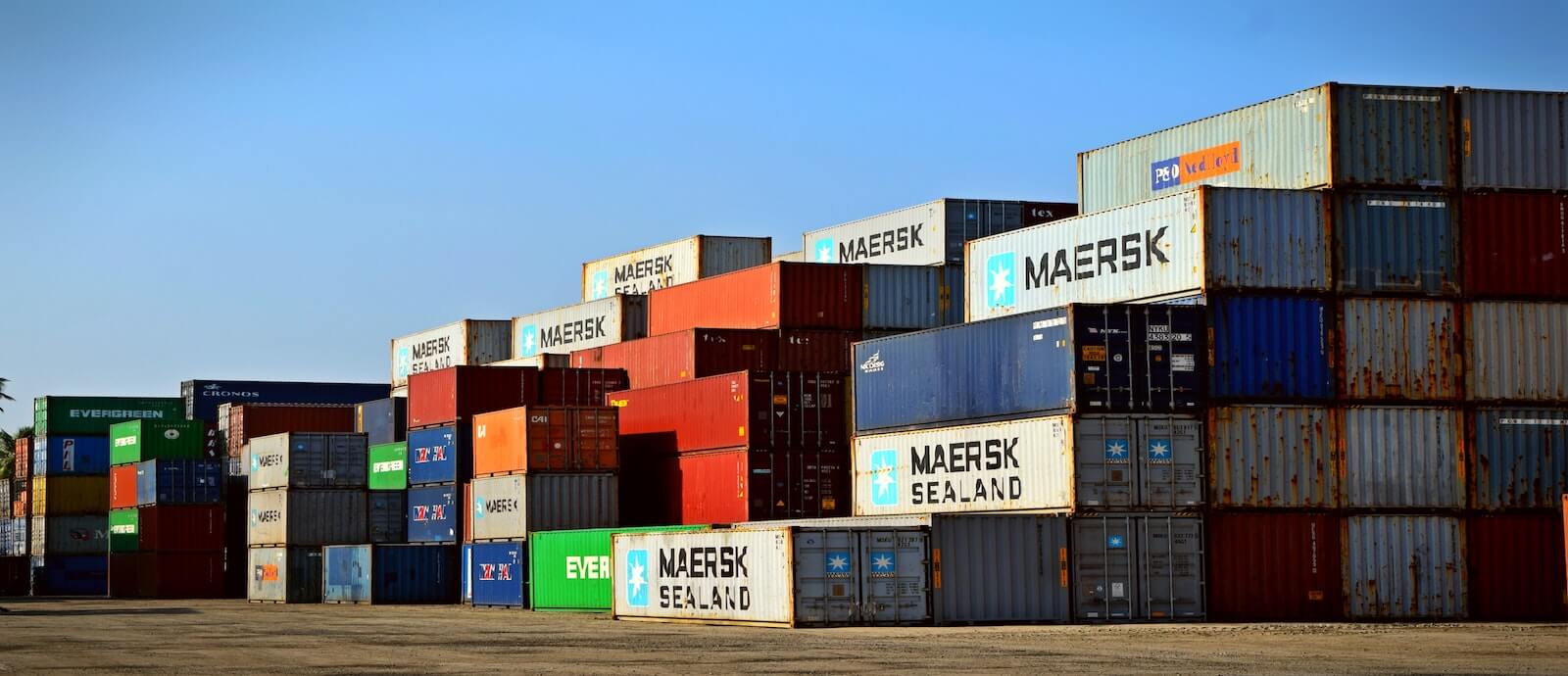Allowing equal access to finance for all genders is on the global agenda but the challenges in getting there require thorough review of a country’s financial system along with the key Financial Institutions (FIs). For this reason, a development bank in MENA engaged Momentus (formerly IFCL) to conduct a detailed study that identified underlying gender inequities in the portfolios of borrower FIs that were currently receiving or had recently received financial support.
Among other things, this study involved a detailed analysis of the local and regional “enabling environment” for each FI accompanied by an analysis of the extent to which there was awareness and sensitivity around gender in accessing financial services.
We initiated this assignment by collecting data, reviewing methodologies, and conducting a desk review. We subsequently prepared a stakeholder map, incorporating desk research and consultations with each country’s respective gender bureaus, aligning the map with each country’s gender strategy and gender policies. We then conducted interviews with relevant FIs, customers, and other stakeholders regarding issues of gender in finance.
We uncovered examples of gender disparity regarding access to finance against the stated government policies. Following these findings, we conducted an orientation workshop for relevant FIs where we discussed how credit decisions are being made, arrears are being managed, foreclosures are being handled, and more. We assessed the external environment, including legal, regulatory and cultural factors, while analyzing the data collected from the interviewed FIs.
Finally, we outlined recommendations for improvement in the FIs that would contribute to greater overall financial inclusion in their respective economy, as well as recommendations for enhancing reporting systems and data collection regarding gendered access to finance.






